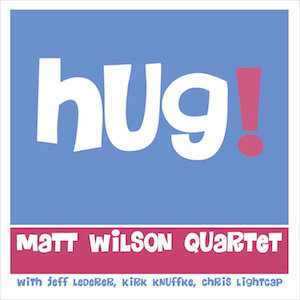Label: ECM Records, 2020
Personnel - Terje Rypdal: electric guitar; Stale Storlokken: keyboards; Endre Hareide Hallre: bass; Pal Thowsen: drums.
Norwegian guitar wiz, Terje Rypdal, proceeds a well-balanced 50-plus-year career with another strong ECM outing, Conspiracy, his first studio recording in two decades. The album features a gifted crew of accompanists - Stale Storlokken on keyboards, Endre Hareide Hallre on bass and Pal Thowsen on drums and percussion. The six original compositions assembled here offer a fascinating insight into the vast reach of Rypdal’s singular ideas. With solid jazz and rock backgrounds, the guitarist/composer is a key figure in the European fusion scene who seeks compelling narratives instead of instant mercurial emotions.
The expressive, anthemic guitar melody that opens up the first selection, “As If The Ghost… Was Me?”, rests on top of embracing cymbal work and pacific synth waves. While Thowsen embraces the role of rhythmic intensifier, Hallre sports articulated bass notes with a big round sound and that sort of slickness that resembles Eberhard Webber.
Applying his tonally distinctive palette, Rypdal often glazes his notes with grief, and the melancholy exerted on “What Was I Thinking” influences the remaining members of the group, who respond with occasional toned chimes, bass inflations, and subtle cymbal crashes, among other details. Tremolo effects and distortion are part of the guitarist’s unequivocal sound throughout this rubato ballad.
Certain oppressive atmospheres may be difficult to connect with, like on the concluding title, “Dawn”, an organ-driven piece immersed in foreboding drones and chimes. However, “Baby Beautiful” almost touches the romantic side, oscillating between gleaming and lugubrious tones. Preceding an injection of hope brought by melodious solos from bass and keyboard, the musing becomes lightly stirred by crimson guitar flames modulated by overdrive and sustain effects plus glistening harmonics. Most encouragingly, the efficient drumwork of Thowsen contributes an optimistic attitude to the setting without resorting to pyrotechnics.
Taking a resolute direction toward progressive rock, the title cut boasts a steady pulse that provides solid ground for Rypdal’s electric guitar voicings and additional technical credentials. Set against the corpulent, noir rhythmic texture weaved by bass and drums, Storlokken’s burning Hammond solo is absolutely enthralling.
Solemnly unsensational yet highly addictive, Conspiracy brings back the sublime transcendency of a mood-shaper like Rypdal to the instrumental rock and fusion circles.
Grade A-
Favorite Tracks:
01 - As If The Ghost… Was Me? ► 03 - Conspiracy ► 05 - Baby Beautiful








































